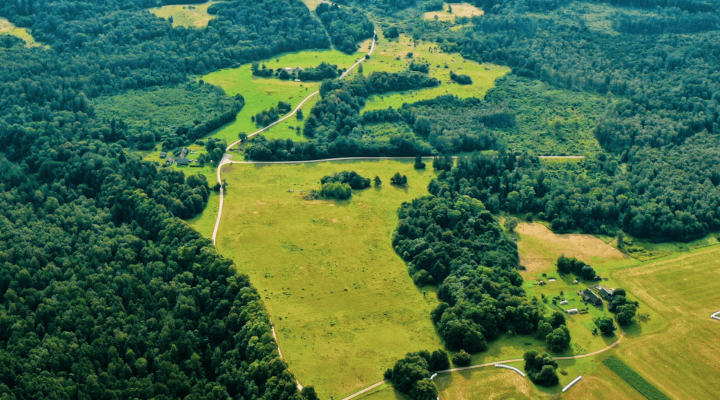On 24 September, the Valga Municipal Council, on the proposal of the municipality, adopted a regulation stemming from the Land Tax Act, which will come into force next year. The need for the decision arose from the fact that the legislator gave local authorities the right to determine the amount of the tax credit for homestead land.
Under the previous law, the tax credit for homestead land was determined on the basis of area - up to 0.15 hectares of homestead or yard land owned at the time of registration of residence in a densely populated area, and up to two hectares outside a densely populated area. This is no longer the case under the current law - it is up to the local council to decide whether to grant the tax credit, and it is set in monetary terms.
The Valga Municipal Council decided to introduce a tax credit of €1,000 for homestead land, which is the maximum amount allowed. The rebate is granted if the land is zoned for residential use or one of the zoning categories is residential land or agricultural land with a yard and the building on the land is the residence of the landowner entered in the population register. The actual homestead tax credit is calculated on an individual basis.
„If the council had not introduced the tax relief, homeowners would have had to pay the full amount of the land tax, which means that they would also have had to pay for the land under their homes,“ explained Monika Rogenbaum, the mayor of the municipality.
The mayor added that the council also set a maximum limit of 10 per cent on the annual increase in land tax. „This means that the Valga municipality has implemented a protection mechanism to protect its residents from a steep increase in land tax, which is really necessary, as people are finding it very difficult to cope with everyday expenses in a situation where prices have risen and all kinds of tax increases and new taxes have had a severe impact on the livelihoods of families in recent years,“ said Monika Rogenbaum.
According to the Land Tax Act, the local government must set a tax increase threshold of between 10 and 100 percent by 1 October of the year preceding the tax period at the latest. Valga municipality has decided to apply the lowest possible rate, which means that from 2026 the land tax will not increase by more than 10% compared to the previous year per land unit. The land tax rates in Valga municipality remained unchanged compared to the current rates.
As the Valga municipality introduced a tax incentive and a protection mechanism for the homestead land tax in the interest of the taxpayers, the local government's revenue from the land tax will remain the same next year as this year, it will not increase. The tax revenue can be estimated at around half a million euro in the budget. The tax revenues will be used to cover, for example, education, cultural and social expenditure.
Photo: Vladislav Smigelski, Unsplash

